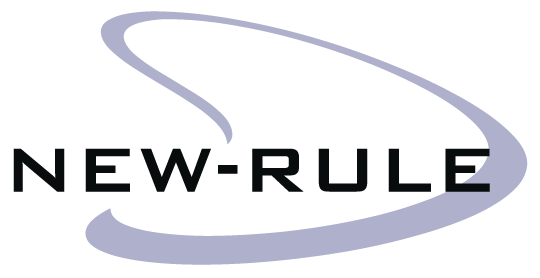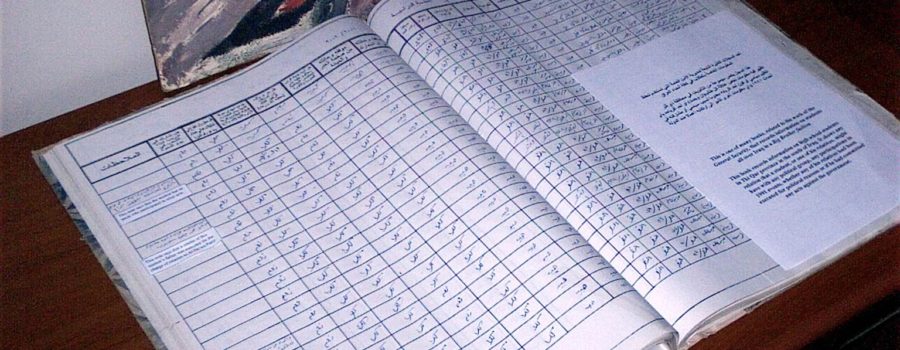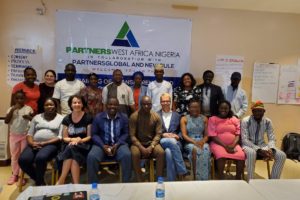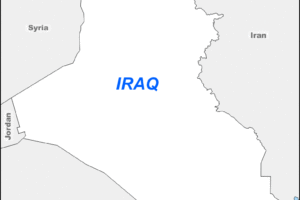The international community has accumulated decades of experience with rule of law (ROL) programming. A significant part of this experience has been documented, and substantial portion of that data has been analyzed for so-called “lessons-learned.” As a community of practitioners, ROL experts are beginning to see some of the lessons reflected in new programming. When this occurs, the lesson has been identified, learned, and applied. New-Rule is committed to converting all relevant guidance and knowledge into practical approaches, strategies, and interventions. ROL practitioners must be knowledgeable regarding new developments, but the key to their success as service providers is the ability to convert this information into real world solutions, which implies experience, innovation, and rigor when implementing ROL programming.
New-Rule starts from the understanding that Rule of Law never functions in a development vacuum. Contexts and country conditions matter, as do legal and judicial traditions. A judge, member of civil society, etc. cannot be expected to enjoy or promote ROL without a basic enabling environment. Public international law provides significant guidance on the general outlines of a legal framework conducive to ROL, and an increasingly large body of ROL interpretive guidance has emerged providing soft law relevant to this body of public international law. While this international legal guidance is not comprehensive, New-Rule considers this widely accepted body of law to be a critical tool in discussing legal principles across the boundaries of the various legal traditions.
At the same time, New-Rule considers it a core ROL lesson learned that a “one size fits all” approach will not succeed. Each country’s constitution, laws, rules, and regulations are unique to that particular context. The lessons learned demonstrate that ROL is about norms, values, and needs, which shape and regulate behavior, as well as formal institutions and processes. To fully comprehend a specific ROL mixture, ROL assistance providers must assess and maintain an understanding of the specific local modalities and constituencies, and how these incorporate local interests, skills, beliefs, concerns, relationships, and business processes—both formal and informal.
For example, a sound ROL technical analysis may reveal that the classic branches of government do not enjoy support or participation from civil society organizations (CSOs), the private sector, and/or members of society, undermining their use and legitimacy in a general sense. In fact, true ROL agents of change may be found outside justice sector institutions. By exploring the actual functional relationships ROL institutions possess/lack in a society, the New-Rule programmatic strategy is able to identify specific elements where ROL assistance is most likely to be effective. This multilayered analytic approach maximizes identification of “targets of opportunity” rather than pursuing formulaic interventions.
New-Rule brings experience with the full array of donors and host governments to implement effective ROL programmatic strategies tailored to specific circumstances. To ensure rigor in all phases, New-Rule follows a series of practical steps gleaned from field experience, which are repeated as necessary:
- Identification of the relevant laws, institutions, people, history, motivations, and other key actors (political economy analysis plus);
- Understanding the functional relationships among these ROL components (systems approach);
- Coordination of potential ROL reform assets among assistance providers—within and without the justice sector (donor coordination);
- Assessment of the justice sector in light of this information and analysis;
- Design of targeted development interventions that capitalize upon available assets and reform opportunities; and
- Continuous improvement of program implementation based on proper monitoring and evaluation of performance (Problem Driven Iterative Adaptation (PDIA)).
Realization of rule of law in a general sense is an iterative process for any nation or culture. New-Rule brings a network of capabilities that can be customized at low cost to provide applications of this proposed approach in complex political environments, including conflict or post-conflict scenarios.




